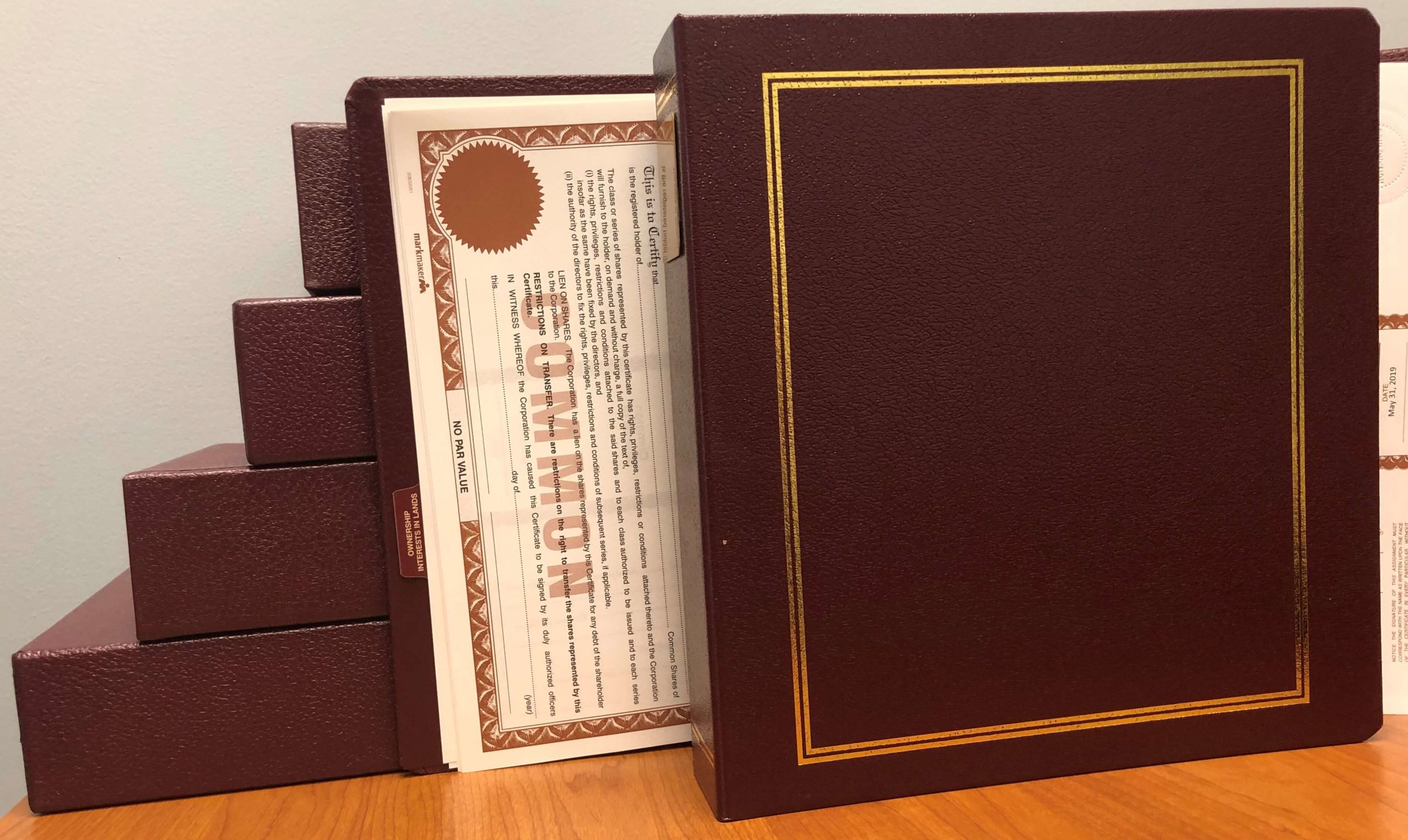
Published: November 13, 2020
Last Updated: September 13, 2021
Ontario’s Proposed changes in Bill 213 to the Business Corporations Act – A Canadian tax lawyer’s analysis
Two main changes were proposed to the Ontario Business Corporations Act (OBCA)
On October 6, the Ontario government introduced Bill 213: Better for People, Smarter for Business Act, 2020 and the purpose is to make incorporation more welcoming to foreign-owned or foreign-controlled corporations. Prabmeet Singh Sarkaria, the Associate Minister of Small Business and Red Tape Reduction, sets out 2 main amendment in Schedule 1:
- Removing the current requirement that at least 25% of the directors of an Ontario corporation be “resident Canadians” defined in the OBCA; and
- Lowering the approval threshold for written ordinary shareholder resolutions of privately-held OBCA corporations from unanimity to majority shareholders who are entitled to vote.
The Bill is in its second reading at the time of writing, but it is expected to be passed ultimately.
Change to Director Residency Requirement
Section 118.3 of the OBCA currently imposes a residency requirement on Ontario corporations that at least 25% of the directors be resident Canadians. However, there are several other jurisdictions such as British Columbia, Nova Scotia and Quebec where there is no director residency requirement and Alberta already introduced the Red Tape Reduction Implementation Act, 2020 Act to modernize their Business Corporations Act by removing the director residency requirement. Repealing this requirement in Ontario would give businesses more flexibility to determine board members by focusing on expertise and representation instead of residence. Accordingly, this change will make Ontario more attractive for foreign businesses to establish their operations so they no longer have to incorporate in other jurisdictions just to bypass the residency burden when there is no real business operation there.
Majority Approval of Ordinary Resolutions in Writing
Under section 104(1) of the OBCA, written resolutions of shareholders may be adopted without a meeting of shareholders provided that all shareholders entitled to vote on the resolution sign the written resolution. Unfortunately, if there are uncooperative or unresponsive shareholders, a corporation’s only alternative is to call and hold a shareholder meeting to vote on the resolution, which adds to unnecessary costs and delays.
Bill 213 proposes a new approach for approval of ordinary resolutions in writing for privately-held corporations (corporations that are not offering corporations). Under the new rules, it will be sufficient for privately-held corporations to approve ordinary resolutions in writing if they are signed by at least a majority of the shareholders, in which case Ontario corporations will have additional administrative flexibility. Moreover, in light of the covid-19 pandemic, this proposal can be quite helpful since it may be very difficult to hold a shareholder meeting. However, this default rule will still be subject to provisions in a corporation’s articles or unanimous shareholders’ agreements (USA) that require more than a simple majority of shareholder votes to pass an ordinary resolution, in which case the higher threshold would be the minimum standard to meet.
Although the new proposal has no requirement to send any advance notice of a resolution to minority shareholders, it will require that notice of any such written resolution be given to voting shareholders who are not signatories to such written resolution within 10 business days after it is passed. This written notice must also include a copy of the text of the majority written resolution and a statement of the description of and reasons for the business dealt with by the majority written resolution.
The proposed changes only apply to ordinary resolutions. However, they do not apply to any matter that requires approval by a special resolution of the shareholders such as reductions to the stated capital account, changes to the corporations’ articles, the sale of all or substantially all of the assets of a corporation, amalgamations and dissolutions Overall, the proposal tries to strike a balance between simplifying the approval process for business decisions that are routinely made and ensuring minority shareholders are still given a chance to be consulted on and exercise their dissent rights when significant changes were made to the corporation.
Pro Tips from a Canadian Tax Lawyer – review your corporate articles, by-laws and shareholder agreements
It is very likely the bill will be passed sooner than expected. Therefore, it is recommended to review your corporate documents such as articles, by-laws and shareholder agreements to reconsider whether it would be desirable to utilize the reappeal of directors’ residency requirements and the impact on your existing corporate governance arrangements. If you are considering incorporation in Ontario or altering any corporation documents, contact our office to speak with an experienced Canadian tax lawyer.
Disclaimer:
"This article provides information of a general nature only. It is only current at the posting date. It is not updated and it may no longer be current. It does not provide legal advice nor can it or should it be relied upon. All tax situations are specific to their facts and will differ from the situations in the articles. If you have specific legal questions you should consult a lawyer."






